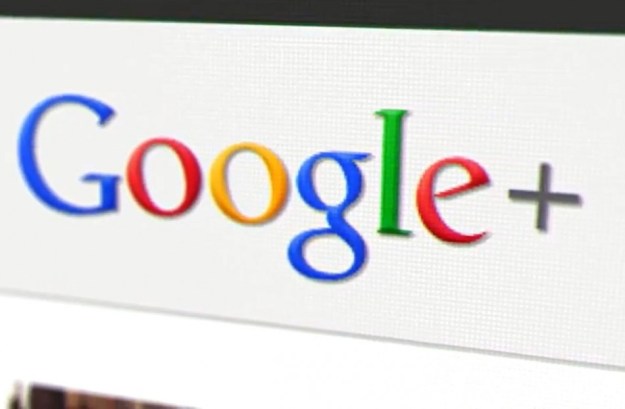
It’s official: Google+ has surpassed 25 million users in just over a month, making it the fastest-growing social network in history, according to visitor counts from comScore.
By comparison, Facebook didn’t reach the 25 million mark until three years after it launched. Twitter took two-and-a-half years, or about 30 months, to get to that level, comScore reports.
Of course, massive growth means nothing over the long-term. According to Reuters, MySpace grew faster than either Facebook or Twitter, having reached 25 million unique visitors in less than two years. Today, however, MySpace is stuck at the bottom rung of the social network ladder. Twitter has more than 200 million users. And Facebook is past 750 million users, on its way to the unprecedented 1 billion user mark.
So, that’s one thing to keep in mind. The other caveat is that Google+ has a few massive advantages that makes its rise to 25 million users respectable, but not necessarily impressive.
First of all, Google+ has the full backing of Google and all its widespread resources to help push things along. This is almost the equivalent of having the entire Internet at your back. Neither Facebook nor Twitter (or MySpace, for that matter) had this edge. With the notification bar that sits atop every Google-owned webpage, we are constantly reminded to check G+. Your reporter can attest to the effectiveness of this tactic.
Second, as Business Insider‘s Pascal-Emmanuel Gobry notes, all websites are growing faster nowadays because there are far more people online today than there was five years ago.
Regardless, the growth of Google+ shows that we likely have another major player in the social media game for a long time to come. The site is still officially in invite-only test mode (though getting an invite isn’t nearly as difficult as it was a few weeks ago), so it’s likely that its growth will only continue to skyrocket.
